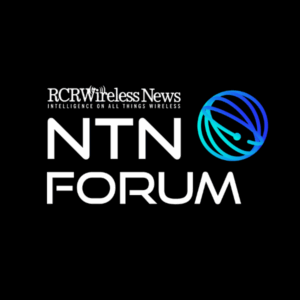WASHINGTON-The Association of Public-safety Communications Officials late Thursday said it could not support the IP-enabled Voice Communications and Public-Safety Act of 2005 if language directing the Federal Communications Commission to approve waivers of its Voice over IP enhanced 911 rules remained.
“We have serious concerns that the effect, if not the intent, of the waiver language may be to prevent the FCC from enforcing rules that require 911 and E-911 capability for all new VoIP customers. We believe that the FCC’s ability to enforce existing rules is in the best interest of the public’s safety,” said APCO. “We believe that a far better approach is to allow waiver requests to be governed by the FCC’s existing waiver standard.”
The Senate Commerce Committee passed its VoIP bill Nov. 2, but it has yet to be considered by the full Senate or in the House of Representatives.
In June, the FCC gave VoIP service providers until Nov. 28 to provide E-911 capabilities to their subscribers. The FCC also required them to advise every subscriber of the circumstances under which VoIP E-911 service may not be available or may be limited compared with traditional E-911 service. VoIP firms also were ordered to keep a record of the advisory for every subscriber.
Earlier this week, several VoIP operators requested waivers from the FCC’s rules. With limited exceptions most VoIP operators, especially those that allow their customers to have non-local telephone numbers or to take their service with them, said they would not be able to comply with the FCC rule.
When the FCC first imposed the rule it appeared that any VoIP customers that did not have E-911 by the deadline would have to be cut off but recently the commission indicated it was relaxing this requirement. The FCC said VoIP carriers do not have to cut off service to customers in areas where E-911 is not available, but VoIP carriers cannot market to or sign new customers in those areas. Nuvio Corp. and other VoIP carriers recently appealed the FCC’s rules.






